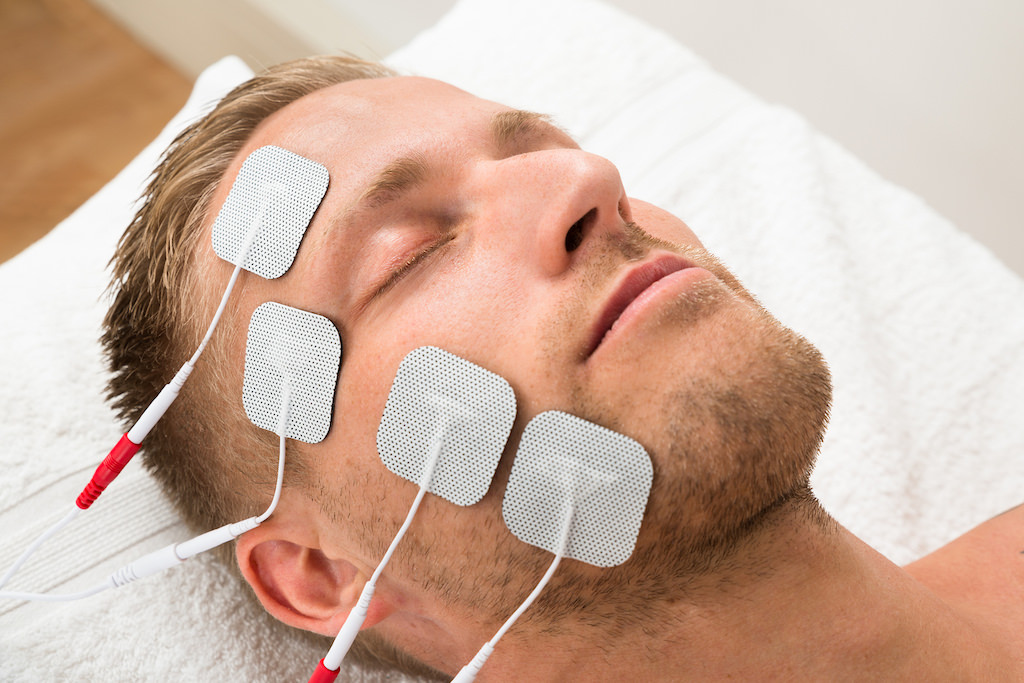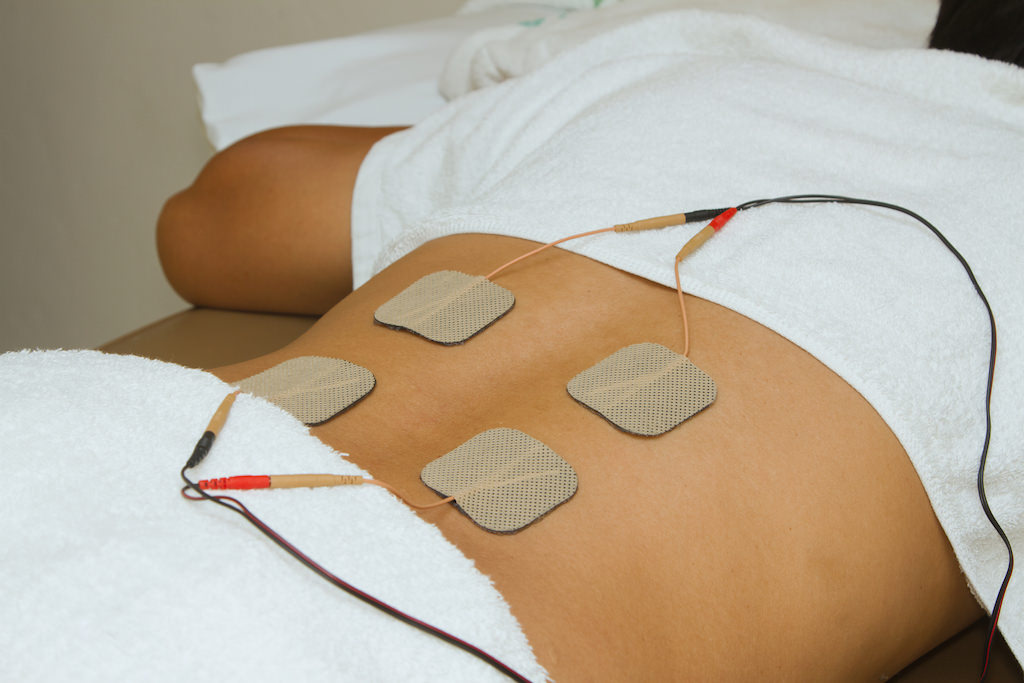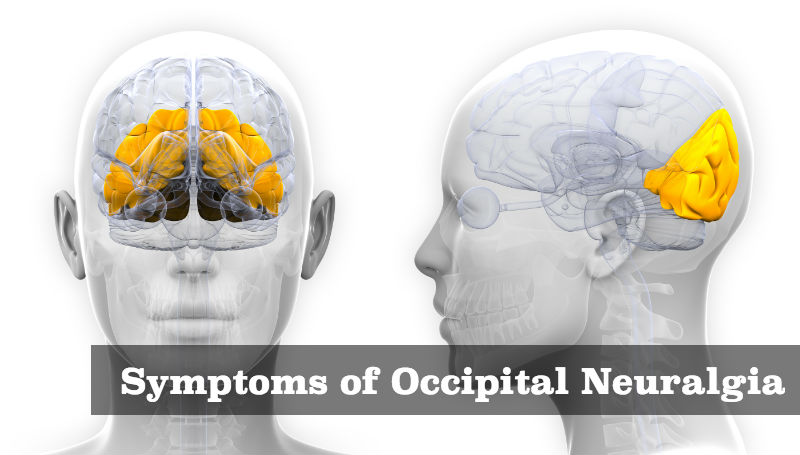What is Transcranial Magnetic Stimulation and How Can It Be Used?
What is Transcranial Magnetic Stimulation? Transcranial Magnetic Stimulation, otherwise known as TMS, uses magnetic coils in order to stimulate nerve cells in the brain. It can be used to alleviate symptoms of both depression and migraines when others haven’t proven to work. This form of therapy can also have positive impact on a variety of other neurological issues. TMS is …












